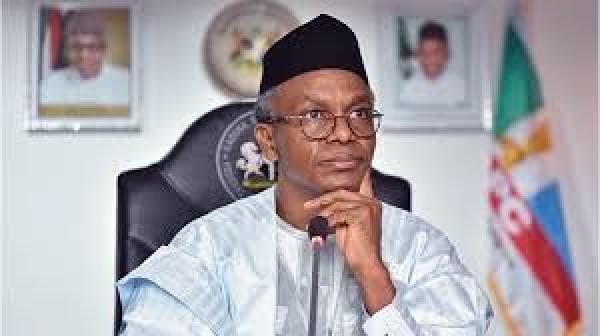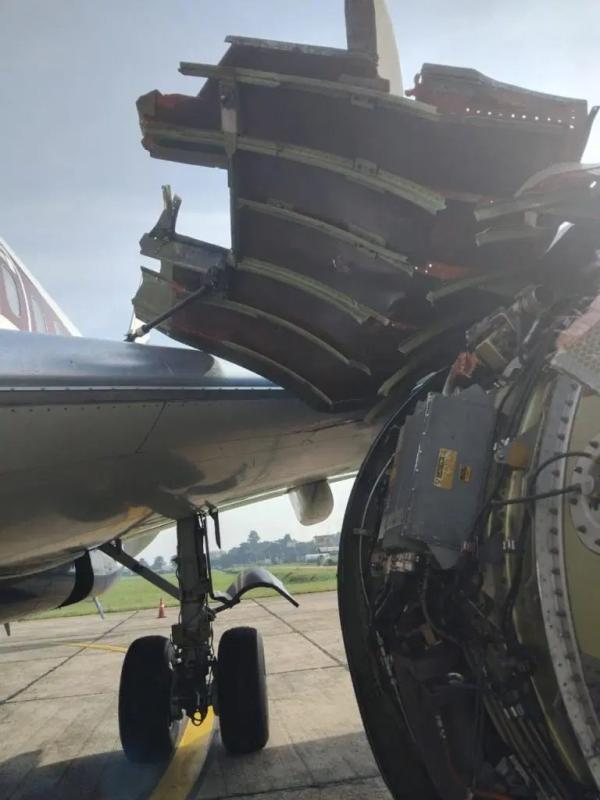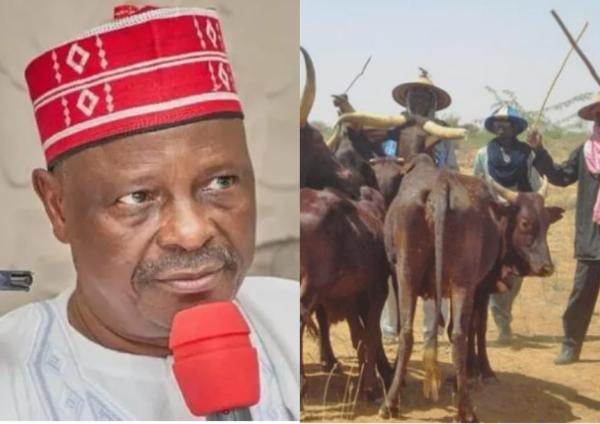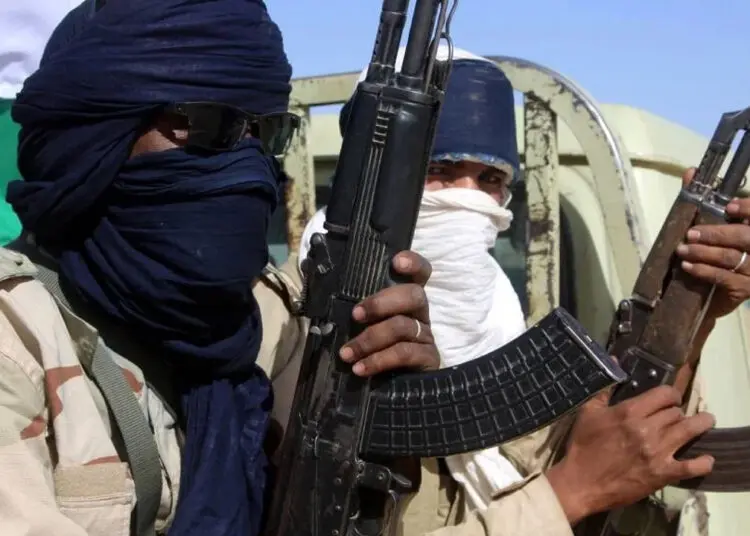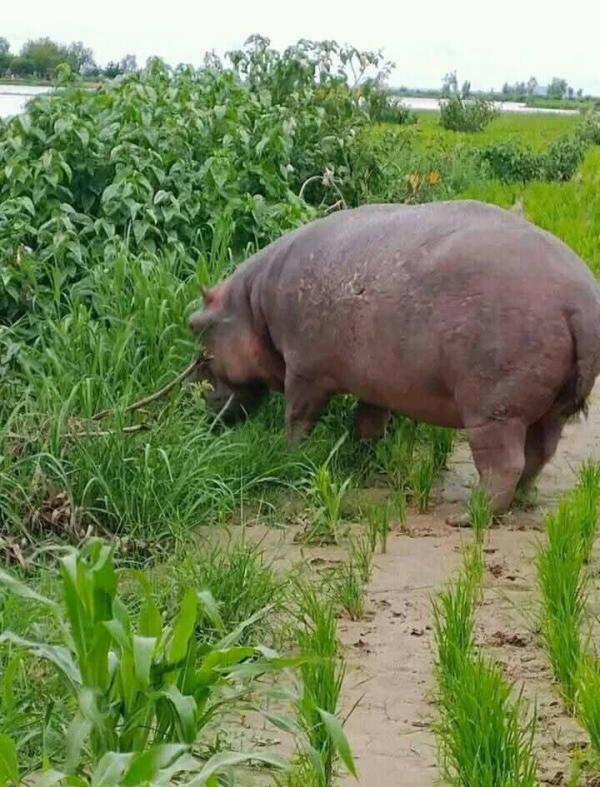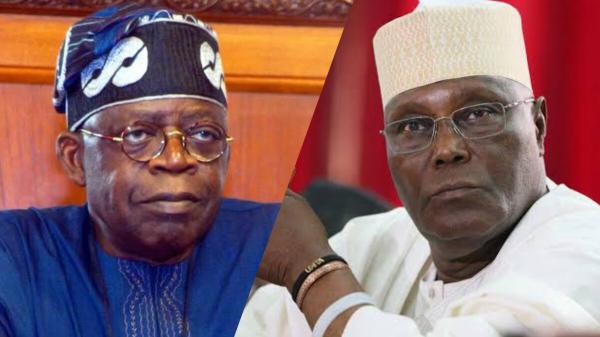
Former Chief Justice of Nigeria (CJN) Mohammed Uwais, yesterday warned that the 2015 elections would run into troubled waters if the exercise billed for February 14 does not hold in the troubled states of Adamawa, Yobe and Borno.
Speaking with newsmen in Abuja, while attending a sensitisation workshop with a theme: “Nigeria 2015 Elections and Beyond: Stakeholders Conference on the Roles of the State and Non-State Actors in Mitigating Violence in Elections, Uwais also noted that there could be what he called a “lacuna” if the Internally Displaced Persons (IDPs) were not allowed to exercise their franchise during the 2015 polls.
This was even as the Chairman of the Independent National Electoral Commission (INEC) Prof Attahiru Jega, said that 16 million names of voters were cleaned out from the voters’ register following irregularities.
He said over four million names were found to be double registrants while close to 12 million were under-age registrants and those with incomplete record.
…regrets non implementation of his electoral reform c’ttee’s report
Uwais regretted the non implementation of his Electoral Reform Committee’s report by the Chief Olusegun Obasanjo’s administration, saying the implementation of the report would have completely stopped electoral violence in the country.
He said he was seriously disturbed that after wasting his energy, spending sleepless days and nights to come out with a solution for the country’s electoral system, the end result was thrown to the dustbin by the government, noting that such had become the general practice by every government in power in the country.
He said: “It has become a norm in Nigeria that when committees are set up by government and when the committees submit their reports, the reports don’t normally get fully implemented. That is what has also become of what you call the ‘Uwais Committee Report.’
“I don’t feel regret but I feel disturbed because a lot of problems we are facing now could have been solved if some of the recommendations of the committee had been implemented. For instance, this morning, we heard that of 1,000 electoral offences which INEC is given the responsibility to prosecute, they have only been able to do so in respect of only 211.
Electoral Offences Commission
“Now, if you go back to our report, what we recommended was that there should be a body or agency called Electoral Offences Commission which will be charged with the responsibility of dealing with electoral offences. But that hasn’t been implemented!
“You could see that if that had been done, today, we wouldn’t be talking about INEC not being able to prosecute electoral offenders.”
Asked whether he did not suspect conspiracy by those in positions of leadership, Uwais said: “I don’t think it is conspiracy as such, but issue of self preservation. A lot of the politicians who are in the National Assembly, that is the Senate and the House of Representatives, who are to create such a body, are themselves co-offenders; maybe even the brains behind the offences.
“So, they may feel if they do so, they may be shooting themselves in the foot and perhaps, that is why they are not keen about implementing that recommendation.”
Judiciary workers’ strike
On the ongoing strike by judiciary workers, Uwais said it would affect litigations arising from the 2015 polls.
He said: “Of course, there will be problems for all cases not just election petitions. I don’t know how the problem is going to be solved but from you, the media, I understand meetings have been held with government, through representatives of the government, the Minister of Labour and that a MoU was signed between the union and the labour minister and there is hope that there may be a solution. I am not in the system anymore.”
Elections in N-East
Speaking on the likely implications of not conducting elections in the North-East, Justice Uwais said: “When the Electoral Act was enacted in 2010, this sort of situation of having IDPs was not envisaged, so there is no provision in the law on how to deal with it and the constitution is also silent but the way to go round it is to get the National Assembly to amend the Electoral Act and make provisions to make it possible for the IDPs to exercise their franchise.”
He then asked the NASS to expeditiously amend the Electoral Act to give room for the IDPs to vote in the election if the elected representatives in the legislature are willing.
He said:“It all depends, if the National Assembly is willing, it can pass a law within two days, then it goes to the president and the president within a day or two can also assent to the bill just as he said ‘there is certainly a lacuna’.”
Credible voters register
Meanwhile, the INEC Chairman, Prof Jega, who spoke earlier on the occasion, had regretted that before the 2011 general elections, Nigeria never had a credible voters register with which a credible polls could be conducted, noting that a good register of voters is the key infrastructure on which the “electoral edifice has to rest.”
He said the commission had so far printed 54,341,610 Permanent Voters’ Cards (PVCs) of which 38,774,391, representing 71.35 per cent had been distributed, adding that a total of 15,567,219 cards were yet to be collected by their owners.












